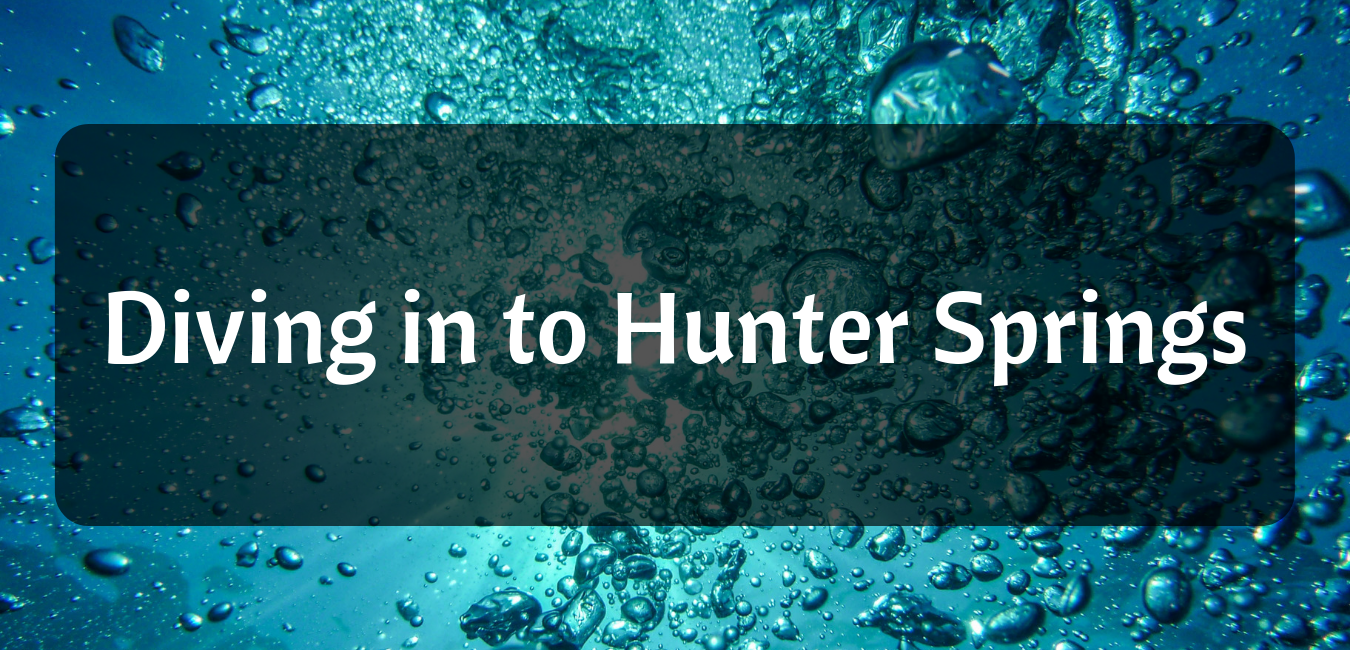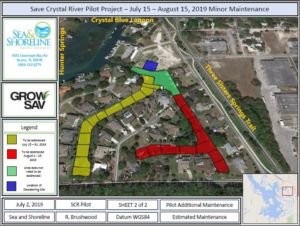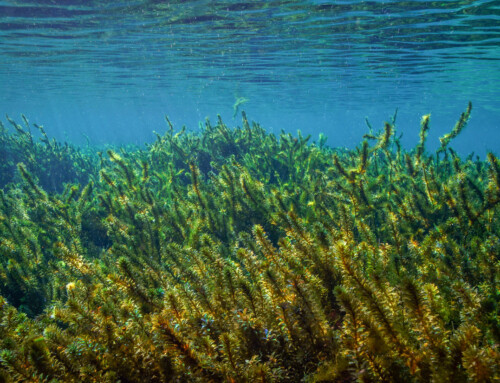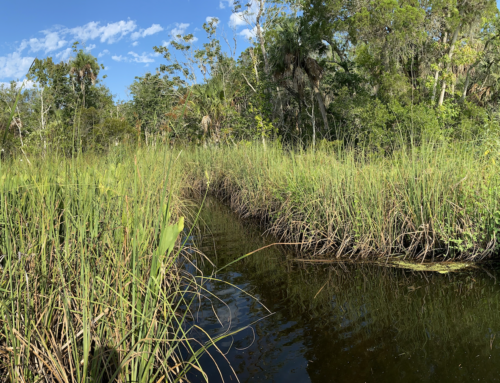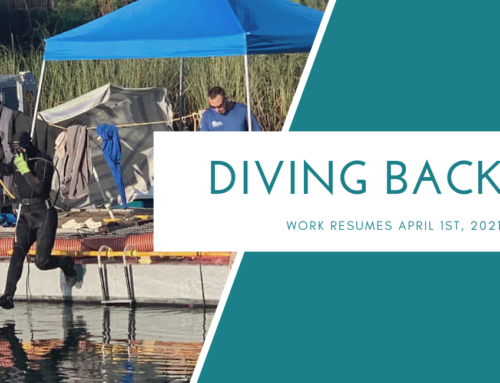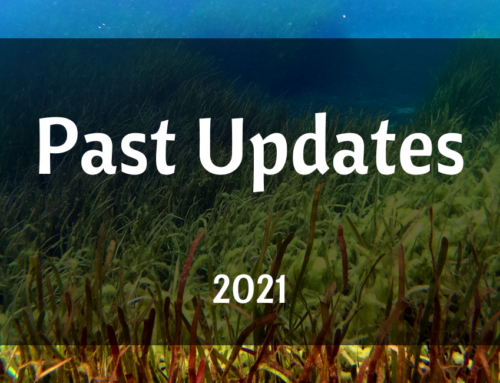Big News for Hunter Springs!
With the support of Citrus County and The City of Crystal River, we finally have approval to turn our attention to clean and maintain Hunter Springs Basin and our pilot project area! We know this is a highly visible section of our community and it needs to look its best. In the past, we only had permission to clean and restore limited areas, but now SWFWMD is providing us permission to clean the entire area!
As you know, our process involves placing protective cages on our newly planted eelgrass plants, and then our team of biologists maintains those cages monthly for a year. But once that year is up, we haven’t had additional funds for maintenance until now. This new funding will allow us to spot treat areas where wind and tides have pushed Lyngbya back in. We are so excited because this will really help us turn the tide on Lyngbya!
It’s been a long process, and we are very grateful to our local representatives for understanding that with a little spot cleaning and some extra TLC these restored areas can really thrive. We would like to thank our Board of County Commissioners and our City Council for supporting King’s Bay and ensuring it can once again be as beautiful as we all remember. With their funding we will now be able to tackle maintenance issues as they arise.
I’ll never see Lyngbya again!
That’s not entirely true. Lyngbya, to a certain degree, is inevitable. It is native to our area, after all. But you won’t see it to the overwhelming degree that we’ve seen in the recent past. That’s why planting the Rockstar Eelgrass is so important! Once more of the Bay is cleaned the grass will be able to manage the Lyngbya on its own by keeping it off the bottom. Eelgrass produces oxygen and Lyngbya prefers a low oxygen environment. It can’t grow out of control in an eelgrass meadow. Plus, those long, tall blades of grass prevents dense mats from settling on the bottom where they can then grow and expand, slowly smothering the beneficial plants. Did you know we’ve already vacuumed over 161 MILLION pounds of Lyngbya and muck out of the waterways!? That means each year there is less and less of the muck to wash in and out with storms and tides.
Cleaning Hunter Springs: The Who & The What
Our amazing team of biologists out on the water will now be able to direct resources to vacuum trouble spots without using a harvester. Harvesters cause damage to the bottom and ultimately spread Lyngbya. Our system, instead, uses polymers and a sophisticated filter system to ensure we capture every piece and spore – returning only clean water! Since this is a ‘smaller’ scale cleaning you can expect to see our workers using a trailer and a small roll off dumpster for the filtration bag.
Cleaning Hunter Springs: The Where & The When
Expect to see workers mobilizing and then cleaning right after the 4th of July. They will start with the pilot project (behind the post office) and then move out into the Hunter Springs basin.
Clean up maintenance in the pilot project will begin the week of July 15th. Workers will move in to the Hunter Springs basin once this phase is complete See projected timeline above beginning in the yellow area. (Please note: This timeline is subject to change depending on weather delays and other variables)


